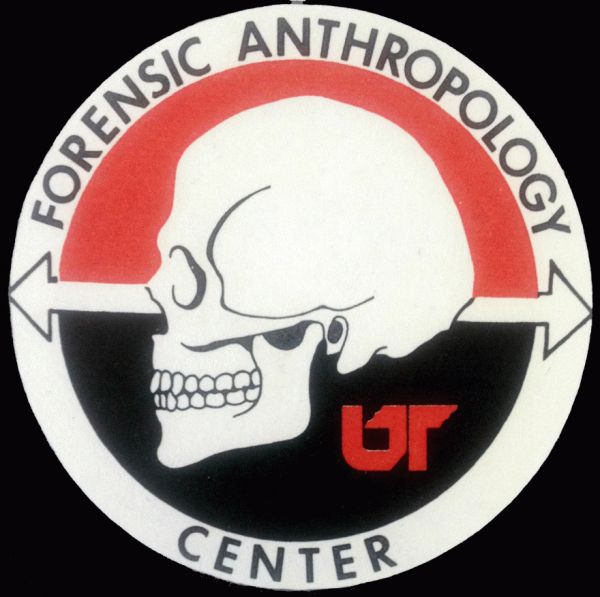 Beyond
the border of an ordinary parking lot lies the most cutting-edge
graveyard in the world … and a hands-on lab for cops and forensic
anthropologists.
Beyond
the border of an ordinary parking lot lies the most cutting-edge
graveyard in the world … and a hands-on lab for cops and forensic
anthropologists.It was Valentine's Day when the gravediggers finished. The crew stood there waiting, their long-sleeved shirts drenched from a mixture of cold rain and sweat. At their feet were the holes—four of them—dug deep into the heavy clay. Nearby, young women and men in rubber gloves and medical gowns prepared to haul the cadavers down the hill.
Picking their way through the barren woodland, they carried 10 bodies to the burial site. Into the first ditch, the widest, they placed six corpses. In the second, they arranged three more. Just one body went into the third grave. The last was left empty. Then the gravediggers picked up their shovels and filled the holes.
Nicknamed “the body farm,” the University of Tennessee’s Forensic Anthropology Center is the oldest and most established of only four such facilities in the country. Since its inception in the early ’80s, its three wooded acres have been rife with corpses: bodies stuffed inside cars, enshrouded in plastic, rotting in shallow graves. Among them, grad students dutifully clock hours combing corpses for insects, while law enforcement agents undergo crime-scene training exercises.
It’s here, using donated cadavers, that scientists have pioneered some of the most innovative techniques in forensic science, particularly practices that help investigators pinpoint time of death—that linchpin of criminal cases that so often determines whether a killer is charged or set free. “The research we do at the facility is predominantly based on decomposition,” says center director Dawnie Steadman, “but we’re expanding that tremendously.” Now, as the bodies rest in those four anonymous graves, the center is primed to undertake a cutting-edge three-year experiment that may help scientists uncover clandestine burial sites in the world’s most dangerous conflict zones. With the help of laser technology, the reach of the body farm is about to grow exponentially, and the findings will shed light on some of history’s most heinous unsolved crimes.

No comments:
Post a Comment